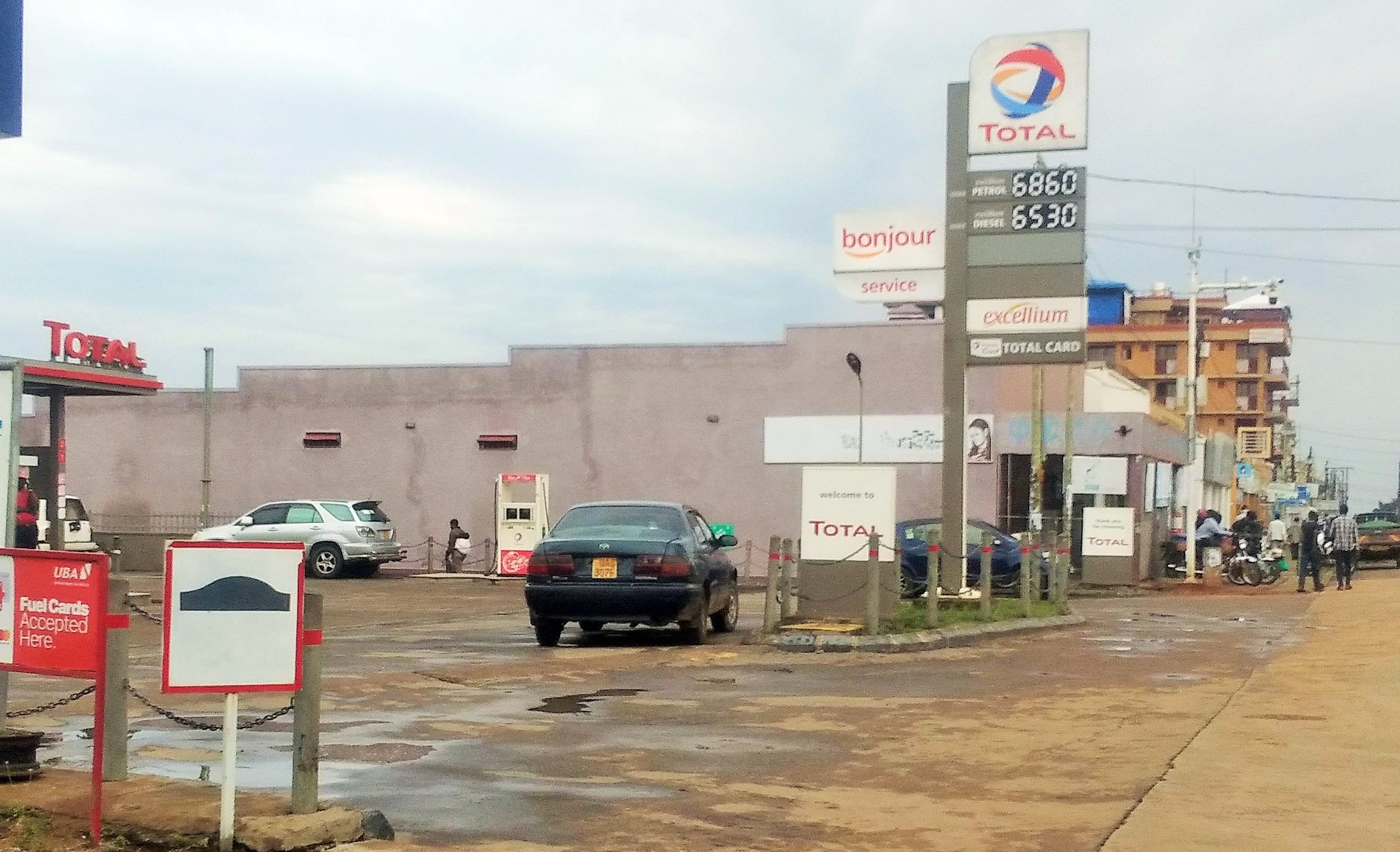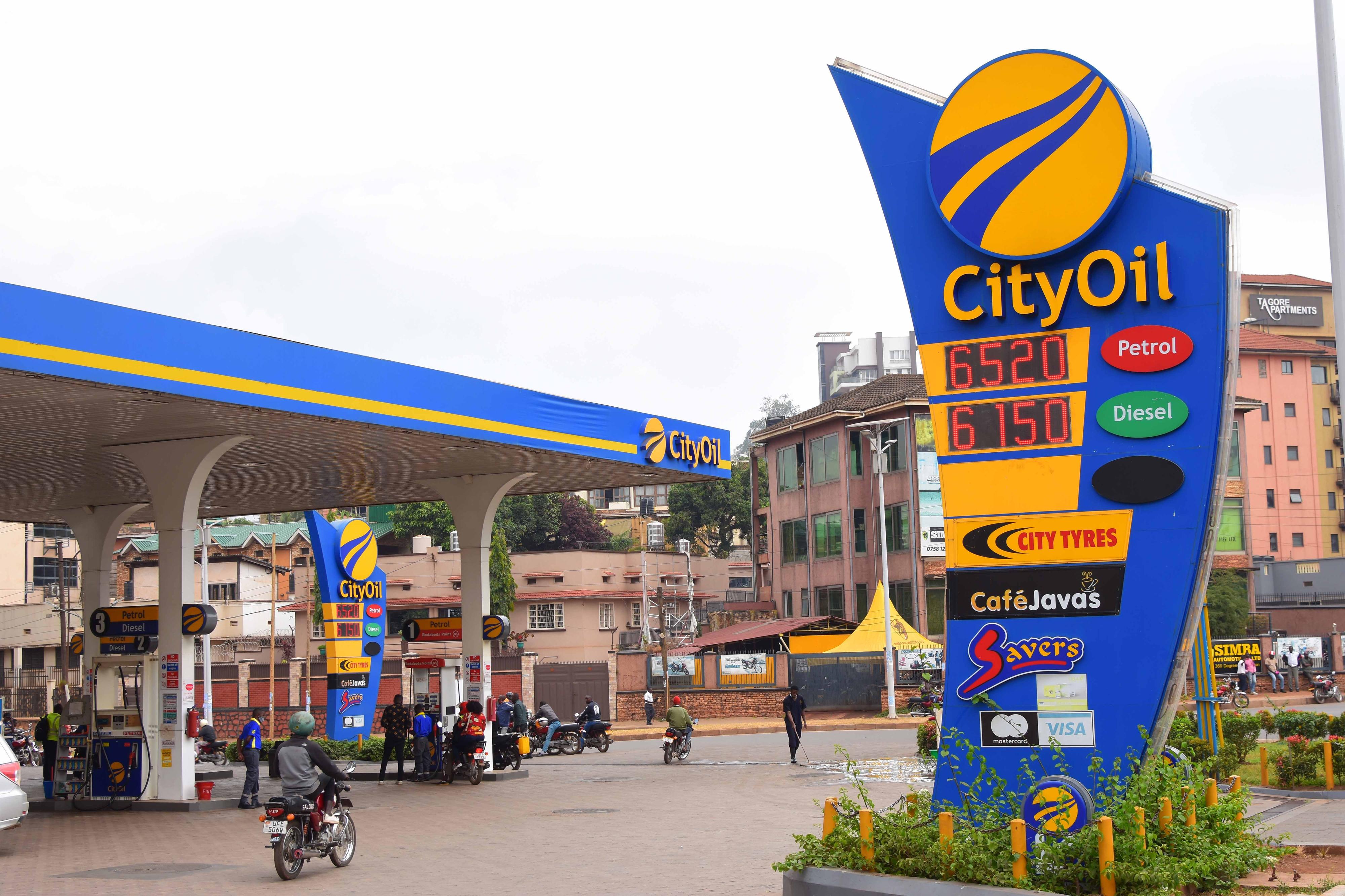South Africa refinery shutdown upsets Uganda fuel import plans

Fuel pump prices at Total Arua City on July 19, 2022. Authorities in Uganda continue to look on as fuel prices shoot up on the backdrop of the country’s free and fair market. PHOTO/FELIX WAROM OKELLO
What you need to know:
- The Sandton-based Sasol Ltd is South Africa’s sole producer of petroleum products through two refineries.
- Officials continue to look on as prices shoot up on the backdrop of the country’s free and fair market.
South Africa’s largest petrochemical and fuel producer, Sasol Ltd, has temporarily shut down its refinery it co-owns with French oil giant, TotalEnergies SE due to glitches in delivery of crude oil.
The Natref plant shutdown on Sunday prompted Sasol to declare a force majeure.
Also known as an “act of God”, force majeure is a standard clause in business contracts and describes unexpected circumstances that release a party from their legal obligations.
The glitch, expected to be addressed in the coming months, has left Africa’s second largest economy expecting the worst in terms of petroleum products supply.
Uganda’s Ministry of Energy has since disowned plans to import petroleum products—diesel, petrol and jet fuel—from South Africa, an idea officials revealed last week was midwifed by the Ministry of Trade.
The Sandton-based Sasol Ltd is South Africa’s sole producer of petroleum products through its two refineries—the Natref with plant capacity of 108,000 barrels of oil per day (bpd), and the Secunda with an output of 150,000 bpd.
As such, the country’s monthly petroleum product imports are expected to shoot through the roof during the coming months, further dampening any chance that Uganda could import fuel from Johannesburg.
The Reuters newswires reported that the shutdown of the Natref refinery, located some 100km outside Johannesburg, has sparked concerns of petrol and diesel shortages in the country where 60 percent of fuel products are imported.
So it is now apparent that the country could not bail out Uganda where petrol pump prices are nearing Shs7,000 while officials say the situation is not yet dire to warrant intervention to rein-in errant fuel distributors accused of hoarding.
The assistant commissioner for petroleum supply in the Ministry of Energy, Mr John Friday, while appearing on Ntv, a sister media house to this newspaper yesterday, said: “The prices at the pumps today are relatively okay. The situation has not reached a level where we must intervene.”
Last Wednesday, junior Trade minister Harriet Ntabazi told the parliamentary committee on assurances that representatives from South African oil companies would be in Kampala last Friday to further discussions on Uganda procuring cheap fuel products.
“We are in collaboration and some companies have been identified to supply our country with cheap fuel,” Ms Ntabazi said.
But while appearing before the parliamentary Natural Resources Committee later on Friday, the Ministry of Energy’s Permanent Secretary, Ms Irene Batebe, said Ms Ntabazi had been quoted out of context.
“She (Ntabazi) was referring to engagements she had had with the South African delegation at the World Trade Organisation about where they would pick petroleum products from,” Ms Batebe explained. “They (South Africa) had concluded discussions with the government of Saudi Arabia on providing cheap fuel products,” she added.
Ms Ntabazi and senior Ministry of Trade officials were in the Swiss capital, Geneva, last month for the World Trade Organisation 12th Ministerial Conference.
The ministry of Energy is responsible for petroleum products, petrol, diesel, and jet fuel, known as the downstream supplies in the country, complimented by other government agencies such as Uganda Revenue Authority, among others.
Fuel crisis in Uganda
Officials continue to look on as prices shoot up on the backdrop of the country’s free and fair market.
Neighbouring countries, including Tanzania and Kenya, have employed subsidies to contain price increases owing to disruptions in the supply chain occasioned by, especially, the Russia-Ukraine war.
While fuel prices across the globe have risen steeply over the past few months, the situation is dire in, especially developing countries.
Uganda’s precarious situation is further worsened by the incompetence exhibited by government in maintaining the 30 million-litre fuel storage facility in Jinja, which has never been filled to the brim in more than 30 years.




